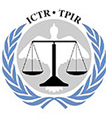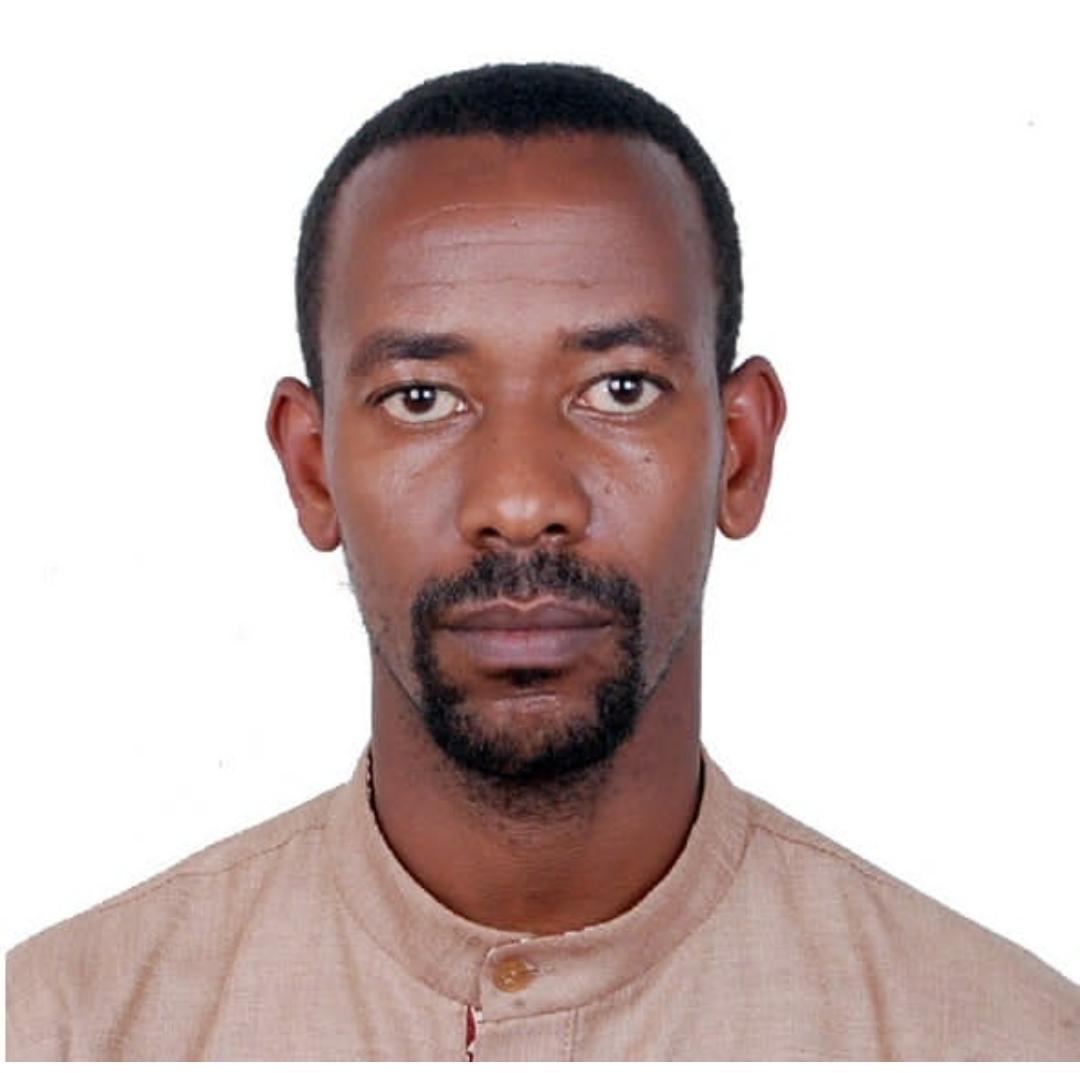ARUSHA - Rwanda still stands more chances of hosting the archives of the Tanzanian-based International Criminal Tribunal for Rwanda, after its closure by the end of this year, an official at the tribunal has said.


ARUSHA - Rwanda still stands more chances of hosting the archives of the Tanzanian-based International Criminal Tribunal for Rwanda, after its closure by the end of this year, an official at the tribunal has said.
Rwanda has lately expressed interest and demanded that all ICTR archives be transferred to the country stressing that most of it contains Rwandan history.
The Director of the ICTR documentation centre in Arusha, Louis Ndiaye, said that the exact place where the tribunal’s archives will be put after its closures has remained a mystery so far and that nobody knows where they will be placed.
The tribunal’s mandate is expected to expire by December 2008 and all its archives will have to be re-located to another place for future reference.
"There are many applications from different online libraries and document centres to host the archive but in my view I think Rwanda stands more chances of hosting it and deserves it,” Ndiaye said.
The ICTR archives contain audiovisual material and court documents that range in the hundreds of thousands.
However, the senior legal advisor and spokesman of the tribunal, Roland Amoussouga, said that at the moment nothing can be done about the archives and the UN Security council will decide on what should be done.
"Nobody can say anything about the exact place where the archive will be placed until the UN Security Council decides,” said Amoussouga. The tribunal which was established by the UN Security Council a year after the Rwandan Genocide is mandated to try key masterminds of the killings that claimed over a million lives.
Meanwhile in a long question and answer session with senior journalists and editors from across the continent at the ICTR headquarter in Arusha, Amoussouga warned African countries for not perpetuate the culture of impunity and called on UN member states to absorb the lessons of the 1994 Rwanda genocide as a deterrent to repeating it.
"We believe, for example, that the existence of ICTR may have made a major difference in political developments in places like the Democratic Republic of Congo, Burundi, Sudan, and lately Kenya” he told journalists.
He said ICTR’s intervention had served as a deterrent against abuses of human rights, and that the tribunal leaves a legacy of international jurisprudence that can guide future courts and deter future commission of these grave crimes.
Ends


